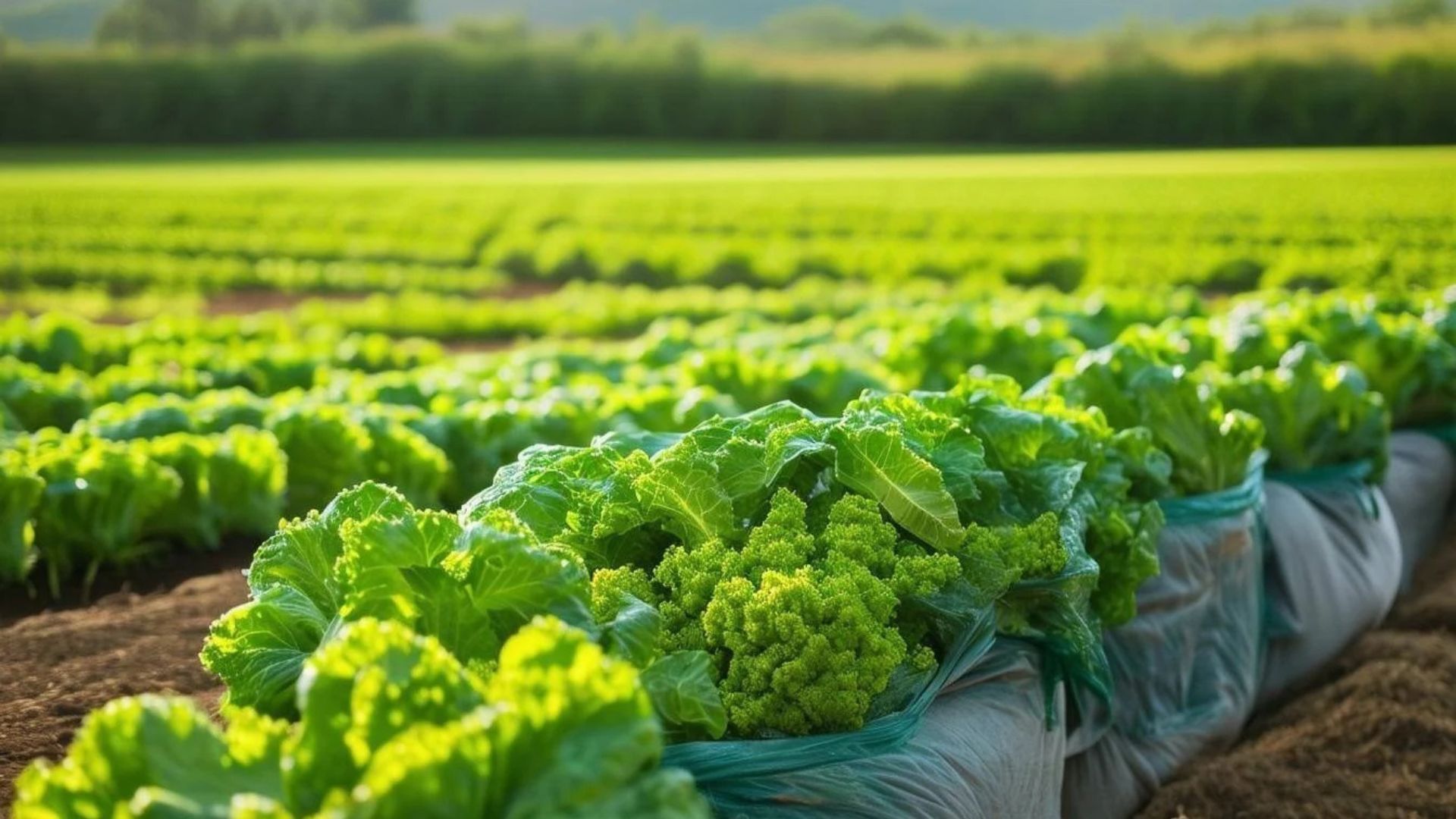Organic produce success with green farming depends on sustainable practices that enhance soil health, conserve resources, and minimize chemical use. Across South Africa and globally, farmers are turning to eco-friendly methods to produce high-quality fruits, vegetables, and herbs. By combining organic inputs, integrated pest management, and efficient farming techniques, green farming ensures that organic produce is safe, nutritious, and environmentally responsible.

Benefits of Organic Produce Through Green Farming
Producing organic crops using green farming techniques offers multiple advantages. First, it improves food quality by reducing exposure to chemical pesticides and synthetic fertilizers. Second, it supports environmental sustainability by conserving water, enhancing soil fertility, and protecting biodiversity. Third, it strengthens community health by providing access to clean, safe, and nutritious food.
Economic Advantages
Organic produce commands higher prices in local and urban markets due to growing consumer demand. By adopting green farming techniques, farmers reduce input costs while improving yield and quality. Community-supported agriculture, farmers’ markets, and organic certification programs help small and medium-sized farms achieve profitability. High-quality organic produce can attract premium buyers and boost local economies.
Environmental Advantages
Green farming practices protect ecosystems and reduce environmental impact. Organic fertilizers, composting, and crop rotation enrich soil naturally. Integrated pest management reduces chemical pesticide use, and water-efficient irrigation preserves precious water resources. Agroforestry and cover crops prevent erosion and promote biodiversity. These practices make organic farming both productive and sustainable.
Key Green Farming Techniques for Organic Produce
Implementing the right techniques ensures organic produce success. Farmers should focus on methods that enhance soil, protect crops, and maintain ecological balance.
1. Organic Fertilizers and Compost
Using compost, manure, and other organic fertilizers enriches soil naturally. Nutrient-rich soil promotes plant growth while reducing reliance on synthetic chemicals. Composting also recycles farm and kitchen waste, creating a closed-loop system that supports sustainability.
2. Integrated Pest Management (IPM)
IPM combines biological, cultural, and mechanical approaches to control pests. Beneficial insects, companion planting, and trap crops reduce pest damage without harmful chemicals. IPM ensures safe, high-quality produce and maintains the ecological balance on the farm.
3. Crop Rotation and Polyculture
Rotating crops prevents nutrient depletion and reduces pest and disease pressure. Polyculture, or planting multiple crop types together, encourages biodiversity and improves resilience. These methods enhance soil fertility and yield, contributing to organic produce success.
4. Water-Efficient Practices
Water management is essential for organic farming. Drip irrigation, mulching, and rainwater harvesting conserve water and maintain consistent soil moisture. Efficient irrigation supports healthy crops and prevents water-related stress, which is critical for high-quality produce.
5. Agroforestry and Cover Cropping
Integrating trees and cover crops into farms improves soil structure, prevents erosion, and provides habitats for beneficial insects. Trees provide shade, conserve water, and increase carbon sequestration. Cover crops maintain soil fertility between planting cycles and protect the environment.
6. Raised Beds and Vertical Farming
Raised beds improve drainage, soil aeration, and plant accessibility, while vertical farming maximizes space and allows year-round production. These techniques are especially effective for small or urban farms producing organic crops.
Tools to Support Organic Produce
Modern tools help farmers maintain quality and sustainability:
-
Soil moisture and nutrient sensors optimize irrigation and fertilization.
-
pH and organic matter testing kits ensure soil health.
-
Farm management software tracks planting, irrigation, and harvesting schedules.
-
Small-scale drones monitor crop health and detect pest issues early.
Using these tools alongside green farming practices enhances efficiency, yields, and produce quality.
Challenges and Solutions
Challenges include certification costs, limited technical knowledge, and higher labor requirements. These can be overcome with government support, cooperative programs, and community training workshops. Knowledge-sharing networks and local initiatives also help farmers implement sustainable practices successfully.
Conclusion
Organic produce success with green farming is achievable through sustainable techniques that enhance soil, conserve resources, and maintain ecological balance. Methods such as organic fertilization, integrated pest management, crop rotation, water-efficient irrigation, agroforestry, and raised beds allow farmers to grow high-quality, nutritious crops while protecting the environment. By adopting these strategies, farmers in South Africa and worldwide can ensure profitable, resilient, and eco-friendly organic farming. Green farming not only improves crop yield but also strengthens local communities and supports a sustainable agricultural future.
